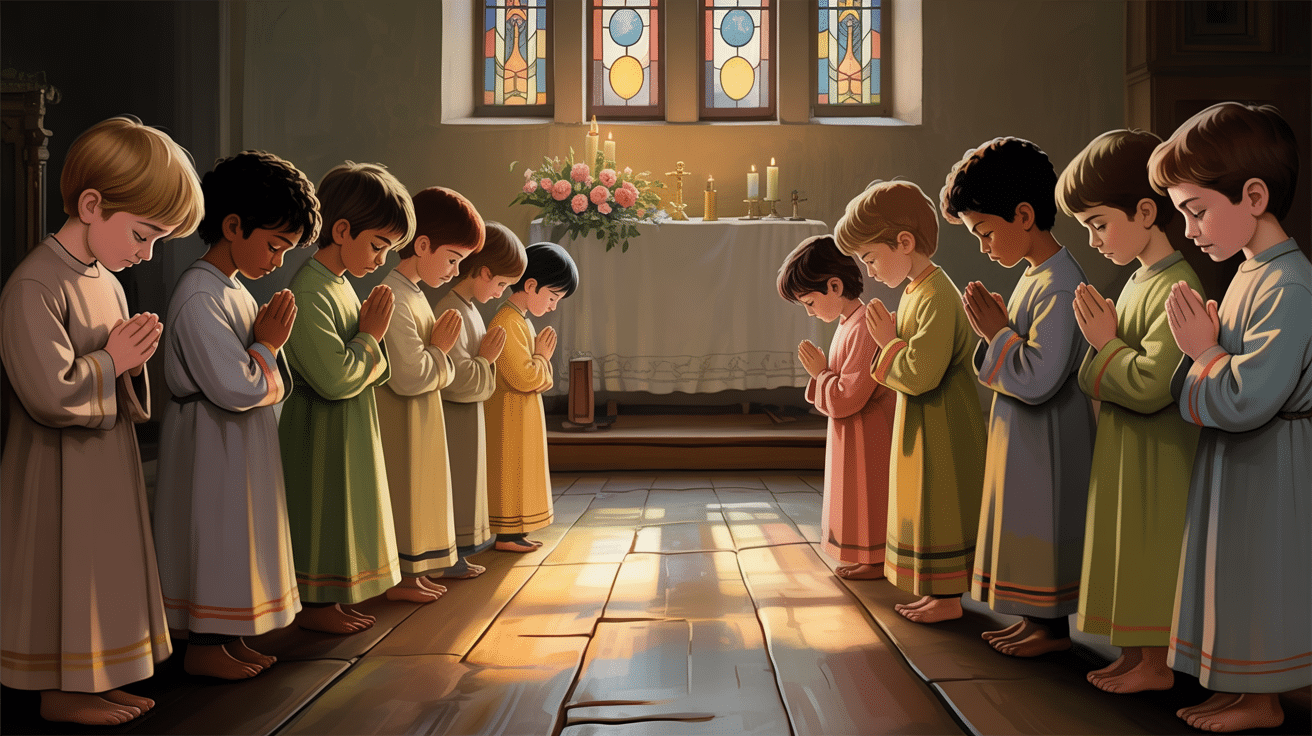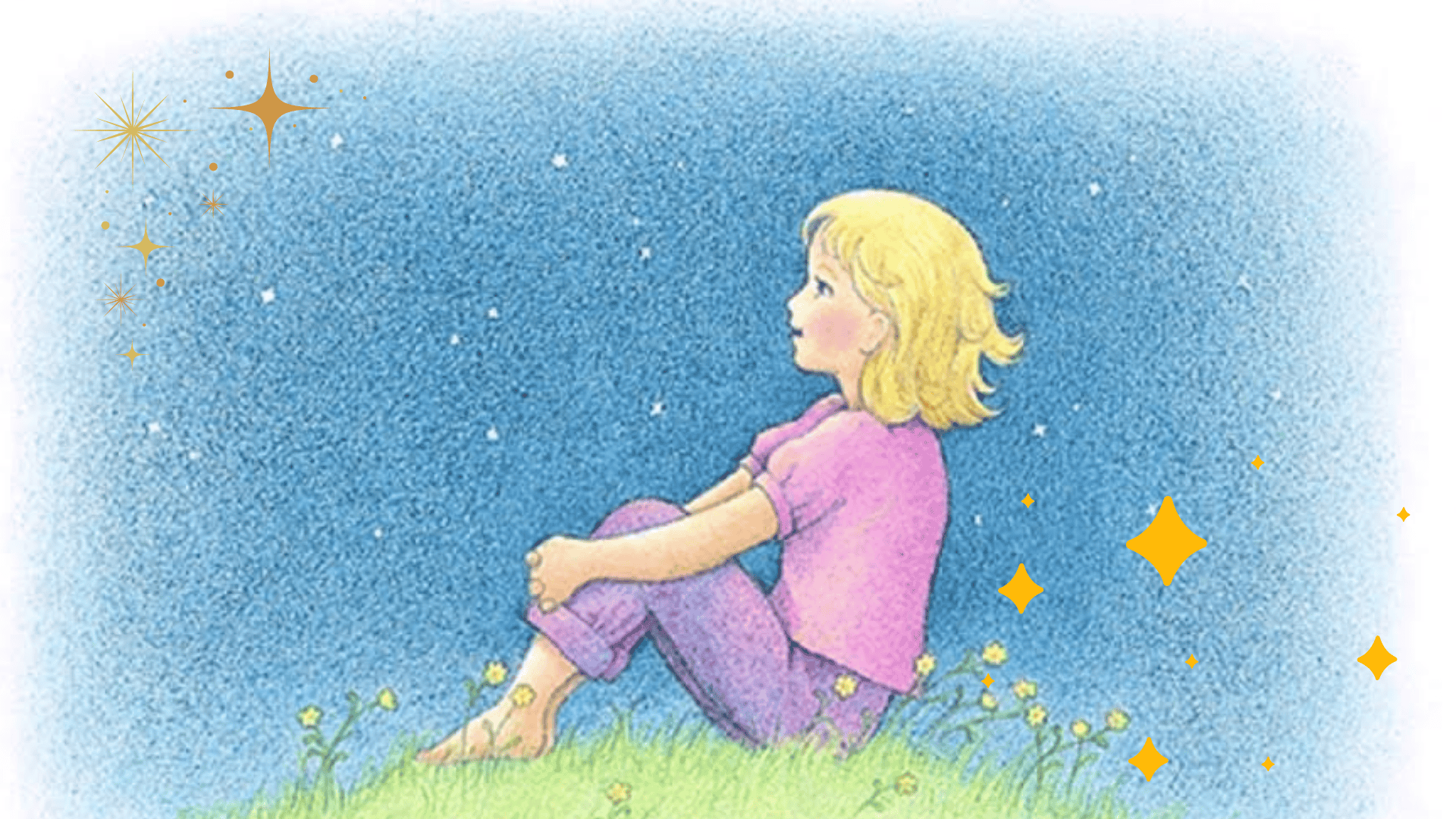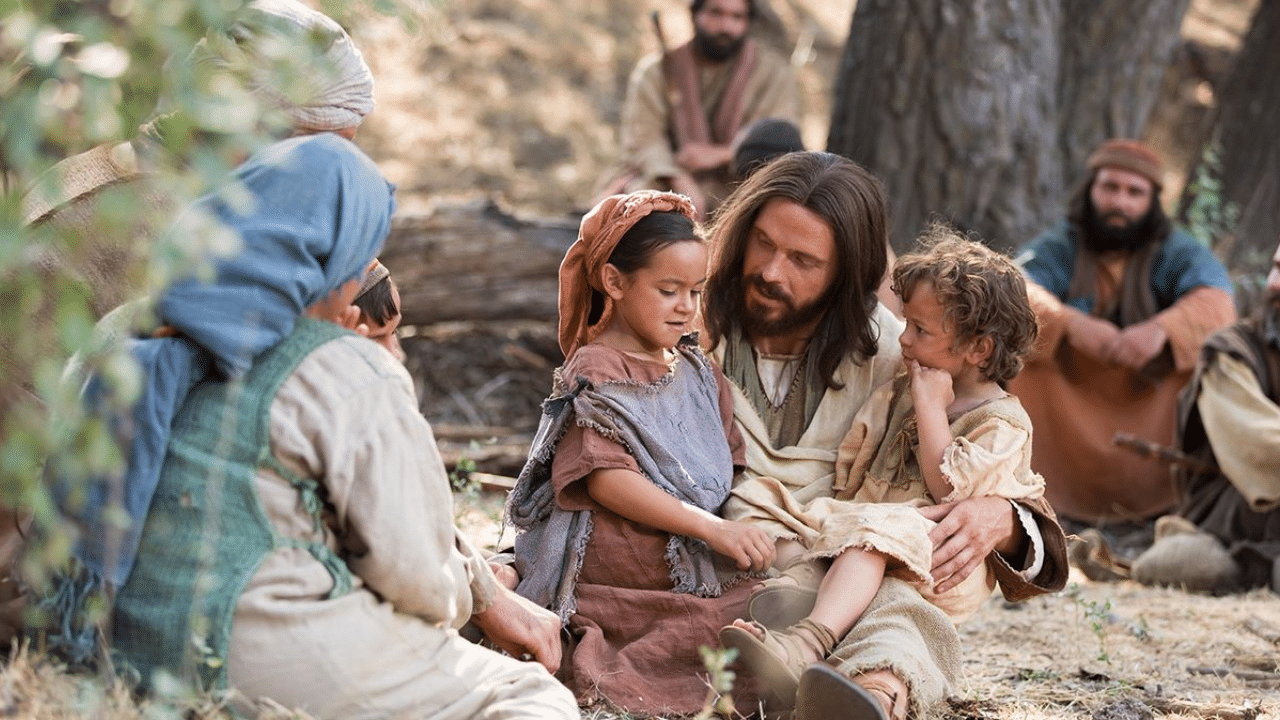Dave Wakeling is a British singer, songwriter, and guitarist best known as the co-founder and lead vocalist of the influential ska band The English Beat (originally The Beat in the UK).
Formed in 1978 in Birmingham, the band rose to fame with hits like “Mirror in the Bathroom” and “Save It for Later,” blending ska, pop, punk, and reggae.
Wakeling later co-founded General Public with fellow bandmate Ranking Roger, achieving further success with the song “Tenderness.”
After the band split in 1983, Ranking Roger also fronted a later version of The Beat in the UK while Wakeling led his own version in the US. Together, they played a crucial role in the 2 Tone movement, promoting racial unity and social awareness through music.
About the Song
“Save It for Later” appeared on The Beat’s third and final album, “Special Beat Service,” released in 1982. The song stood out from the band’s earlier work, showing their evolution from straight ska revival to a more nuanced new wave sound.
Despite not being released as a single in the UK, it became one of their most recognizable and beloved songs, especially in the United States.
Dave Wakeling wrote the song years before The Beat formed, reportedly when he was just 17, capturing the anxiety of growing up and facing adult decisions.
Producer Bob Sargeant helped the band capture the perfect balance between the song’s introspective lyrics and its upbeat, jangly instrumentation, creating a tension that perfectly embodies the song’s themes of conflicting emotions.
| Feature | Details |
|---|---|
| Genre | New Wave / Ska |
| Release Year | 1982 |
| Song Length | 3:34 |
Save It for Later Lyrics & Meaning
[Verse 1]
A dozen more tangled romances
Guess I fall for the mess
Tears fall, but I don’t need comfort
Just take my hand while I sort through this unrest
Meaning:
The narrator reflects on being involved in numerous complicated relationships. Even though there’s pain and emotional turmoil, they don’t seek comfort from their parents or others—they just want someone to stay with them as they navigate difficult feelings and decisions.
[Chorus]
Sooner or later
You’ll stumble hard, you’ll hit the floor
Save it for later
Don’t disappear, don’t close the door
Sooner or later
The truth comes out, you can’t ignore
Save it for later
Don’t disappear, don’t hurt me more — you hurt me more
Meaning:
This chorus talks about the inevitability of facing consequences in a relationship. The narrator warns their partner not to run away or avoid the emotional weight of the situation.
“Save it for later” could mean postponing the breakup or a heavy decision until both are ready, instead of making things worse by escaping.
[Verse 2]
Thick haze and oceans tainted black
What can I do with that?
I never know how to behave with the whole crowd
Sometimes I hold back
I just go now now now now now now now now now
Now now now now now now now now now
Meaning:
This verse conveys a feeling of emotional confusion and disconnect. The “black seas” suggest a toxic or overwhelming environment.
The narrator admits to not knowing how to interact socially and often feels paralyzed or avoids expressing themselves, retreating into a repetitive state of uncertainty.
[Chorus]
Meaning (revisited):
Repetition of the chorus reinforces the emotional plea—don’t walk away and leave the narrator broken. The repetition of outcomes (“you hit the floor”) underlines that avoidance won’t save either of them from the truth.
[Verse 3]
A dozen more foolish excuses
Why we must ache through this
Don’t try to justify the chaos
Just take my hand while I decide what it is
Meaning:
This verse points to the pointless reasons people stay in painful relationships. The narrator doesn’t want any more excuses—they want presence and honesty.
They’re still deciding what the relationship means, but they want support while figuring it out.
[Chorus]
(Reiterated)
Meaning:
The chorus serves as a final cry for vulnerability and truth. The narrator is tired of being let down by someone constantly running away instead of confronting relationship struggles head-on.
[Outro]
Slip away, slip away, slip away, slip away, slip away, slip away
And hurt me more
Meaning:
The repetition in the outro emphasizes abandonment and emotional pain. The act of someone slipping away becomes symbolic of a recurring pattern that continues to wound the narrator deeply.
Themes of The Song
“Save It for Later” explores several key themes that resonate with listeners:
- Growing uncertainty – The song captures the universal experience of doubt and the anxiety that comes with maturation
- Transition to adulthood – Reflects that pivotal moment between adolescence and adulthood when responsibilities increase but confidence hasn’t caught up
- Postponing difficult decisions – The title itself suggests delaying uncomfortable situations until one is better equipped to handle them
- Emotional limbo – Expresses the feeling of wanting to move forward while simultaneously feeling unprepared
- Circular thinking – The song’s repetitive structure mirrors the cyclical nature of anxiety and indecision
- Contrast between music and meaning – The upbeat melody creates an interesting juxtaposition with the more serious lyrical content
- Ambiguity and personal interpretation – The lyrics contain intentional ambiguity, allowing listeners to find personal meaning
- Relationship pressures – Many fans have noted potential undertones about young relationships and the pressure to progress faster than one might be ready for
Similar Songs You Might Like
If “Save It for Later” speaks to you, these tracks might also find a place on your playlist:
- “Mirror in the Bathroom” – The Beat (another introspective track with an irresistible groove)
- “In Between Days” – The Cure (captures similar themes of transition and uncertainty)
- “This Charming Man” – The Smiths (features comparable jangly guitar work and emotional complexity)
- “She’s Lost Control” – Joy Division (explores anxiety and emotional turmoil with a different sonic approach)
- “Should I Stay or Should I Go” – The Clash (another song about indecision with an infectious hook)
Live Performance
Artists Similar to The Beat
If you enjoy The Beat’s blend of ska, new wave, and thoughtful lyrics, explore these artists:
- Madness – The “Nutty Boys” from North London brought a similar energy to the ska revival scene with their distinctive British music hall influence and playful lyrics
- The Specials – Fellow 2 Tone Records artists who combined ska with punk energy and explicitly political lyrics addressing racism and social issues in Thatcher’s Britain
- Elvis Costello – Though coming from a more new wave/pub rock direction, Costello shares The Beat’s knack for combining catchy melodies with literate, sometimes acerbic lyrics
- The Selecter – Another key 2 Tone band with a similar multicultural lineup and fusion of ska, punk, and reggae influences
- General Public – Formed by Dave Wakeling and Ranking Roger after The Beat disbanded, continuing their signature sound with a more pop-oriented approach
Frequently Asked Questions
What Does Save It For Later Mean?
The song’s writer Wakeling explained it’s about transitioning from teenage years to your twenties. The title is also a play on words meant to sound like “save it, fellator” when spoken.
Did Eddie Vedder Record Save It For Later For The Bear?
Yes, Eddie Vedder recorded a cover of “Save It For Later” by The English Beat specifically for the third season of the TV show “The Bear.”
When Did Pete Townshend Cover Save It For Later?
Pete Townshend covered “Save It For Later” in 1986, making it one of 11 notable covers of the song by various artists.
What Instruments are Used in Save It For Later By Eddie Vedder?
Eddie Vedder’s version features his distinctive vocals backed only by guitars and a banjo. The saxophone solo from the original is still included.
















